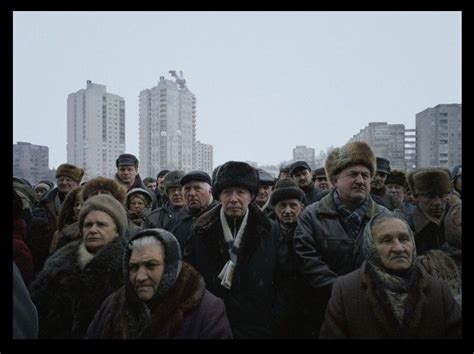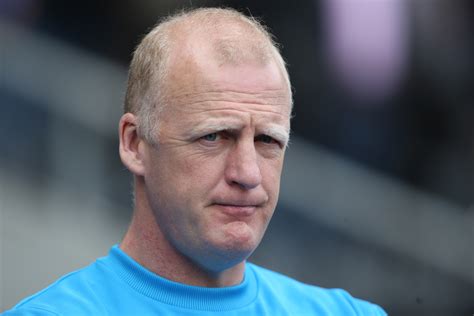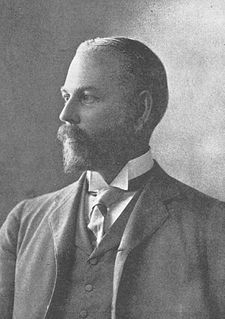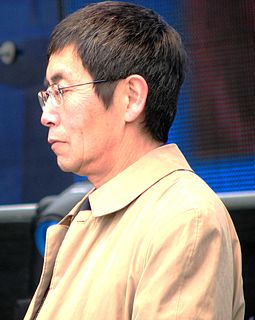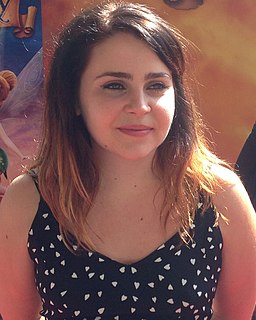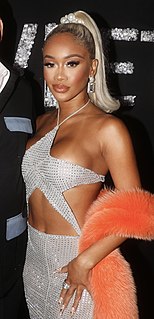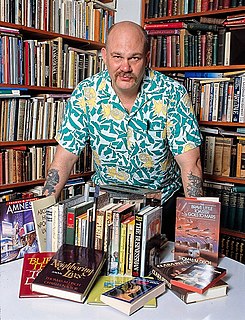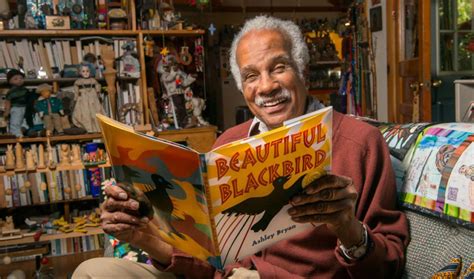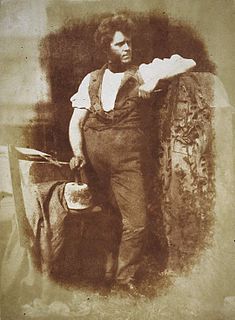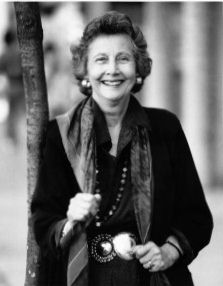Top 1200 What Is Poetry Quotes & Sayings - Page 9
Explore popular What Is Poetry quotes.
Last updated on November 25, 2024.
It is a mistake to suppose, with some philosophers of aesthetics, that art and poetry aim to deal with the general and the abstract. This misconception has been foisted upon us by mediaeval logic. Art and poetry deal with the concrete of nature, not with separate 'particulars,' for such rows do not exist.
Much of the magical effect that poetry gives of rendering everything it touches pellucid comes from the necessity of compression that it imposes. The impossibility of pausing in poetry as long as may be needed to make sense clear causes many a set of words actually deficient in linguistic workmanship to pass for an eloquent brevity.
As poetry is the highest speech of man, it can not only accept and contain, but in the end express best everything in the world, or in himself, that he discovers. It will absorb and transmute, as it always has done, and glorify, all that we can know. This has always been, and always will be, poetry's office.
I had no one to help me, but the T. S. Eliot helped me. So when people say that poetry is a luxury, or an option, or for the educated middle classes, or that it shouldn’t be read at school because it is irrelevant, or any of the strange stupid things that are said about poetry and its place in our lives, I suspect that the people doing the saying have had things pretty easy. A tough life needs a tough language – and that is what poetry is. That is what literature offers – a language powerful enough to say how it is. It isn’t a hiding place. It is a finding place.
The poet's discourse can be compared to the track of a charged particle through a cloud-chamber. An energised field of association and connotation, of overtones and undertones, of rebus and homophone, surround its motion, and break from it in the context of collision .. in Western poetry so much of the charged substance is previous poetry.
Poetry springs directly from our primal need and capacity for communication[Poetry] mobilizes such a concentration of devices, such an intensification of language via rhythm, syntax, image and metaphor. Reading it-the best of it-can create another, very different kind of perpetual present, an awareness that can be as ongoing in the soul as the stop-time of trauma.
After Pope, in the beginning of Romanticism, people developed the idea that imagination rather than reason was a special form of knowledge and its best expression is through poetry. Therefore, poetry should not try to do the stuff that mere prose does: convey information or make arguments about ideas.
Another trouble with poetry - and I'm gonna stop the list at two - is the presence of presumptuousness in poetry, the sense you get in a poem that the poet takes for granted an interest on the reader's part in the poet's autobiographical life, in the poet's memories, problems, difficulties and even minor perceptions.
To write poetry, like sincere poetry, it is like performing heart surgery on yourself without anesthesia...in public...You are peeling back layers. You are dissecting yourself...You do not know what they [the audience] is going to do when you reach into yourself and rip out your organs to be displayed
I love poetry. It's at the heart of everything I do. Poetry transforms what we call language, and uses language as the stuff to become something else. I get spun around by what happens in words. When that occurs, it inspires images that seem so original to me as an artist, even though I'm following what the poem has offered.
While it is unlikely that poetry or art shall eliminate the reality of war in the twenty-first century, it is thrilling to know there remain individuals, and even entire communities, still willing to invest in art and poetry's own uniquely explosive contributions to the great, and small, dramas of human history.
I would say there are different kinds of poems. There are things that poets in the history of poetry hit upon when they're very young that can never be outdone and it's a remarkable, strange experience when you think of say Arthur Rimbaud who write poetry between the ages of 17 and 21 whose career was over by the time he was 22.
Prose-it might be speculated-is discourse; poetry ellipsis. Prose is spoken aloud; poetry overheard. The one is presumably articulate and social, a shared language, the voice of "communication"; the other is private, allusive, teasing, sly, idiosyncratic as the spider's delicate web, a kind of witchcraft unfathomable to ordinary minds.
One can say that the disaffection is still a lingering naiveté about, not the place of poetry in the world, but - how to say this - the moral and intellectual presence of poets in the world. And while this may seem an old conversation to many poets who roll their eyes and say, "Here we go again about the function of poetry," I think that conversation, about poetry as an engaged art in a world that is full of regression or still lacking in progress, is still really not well-developed. It's almost an avoided conversation.
Is beauty a reminder of something we once knew, with poetry one of its vehicles? Does it give us a brief vision of that 'rarely glimpsed bright face behind/ the apparency of things'? Here, I suppose, we ought to try the impossible task of defining poetry. No one definition will do. But I must admit to a liking for the words of Thomas Fuller, who said: 'Poetry is a dangerous honey. I advise thee only to taste it with the Tip of thy finger and not to live upon it. If thou do'st, it will disorder thy Head and give thee dangerous Vertigos.
I found poetry at 12 and 13 and, lo and behold, learned that my attorney father had a background in poetry - as he wore dashikis and Afros in the '70s and named his kids Arabic names. He was a poet and a lot like The Last Poets and Gil Scott-Heron and all of these folks. He definitely was an artist.
